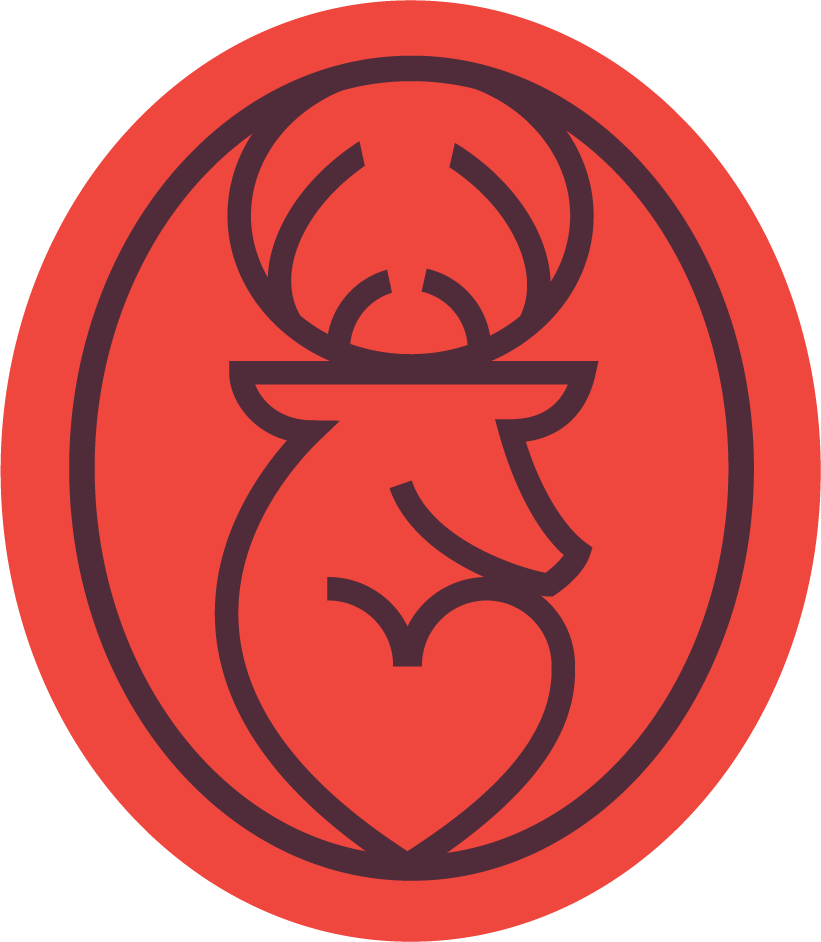Is Work-Life Balance A Myth?
When I ask physicians how their work-life balance is going, I get a range of reactions from scoffing to sarcasm to despair. “The notion of a 'work-life balance' is a new and strange concept...my 20-something kids are more comfortable with it than I am,” a physician recently confided. As he faces retirement earlier than he’d planned, his very identity is at stake as he faces the Life part of the equation.
What does work-life balance mean?
“I feel like a cog in the wheel,” a cardiologist recently confessed to me. “Honestly,” he said, “I’m not managing it very well.”
“I honestly feel the only way out is to quit my job and do something altogether different,” said an E.R. doctor.
Ironically, chasing the elusive work-life balance thing might be yet another way to experience failure in a profession that demands perfection. Even asking the question, “How’s your work-life balance?” suggests that it is the victims of burnout —reported at an all-time high 50% to 60%, depending on the specialty — are at fault. Is this another way to experience, as Psychology Today recently proclaimed on their cover, “The High Cost of Calm”? So what is this elusive balance that so many of us are seeking?
"[The concept of work-life balance] is the 21st-century version of the impossible expectations put on women in the 70’s and 80’s to ‘Have it all,’” posits Jude Bornstein-Chau, MD and Integrative Medicine Fellow. I’d argue that this pressure to “have it all” has spread to men, as well. “Even the phrase ‘work-life balance’ puts the emphasis on work!” notes Bornstein-Chau. “I believe that we make multiple choices a day on any given day about what to focus on, and that living is a dance between giving to work, family and the self. “That being said, I frequently feel I am failing at all 3, and that I never pay enough attention to any one of them.”
Our grown kids may have it right, or closer to right, as the early-retirement physician suggested. My 28-year-old daughter says it this way: “Time is my career goal.” She doesn’t talk about balance between work and life. She is looking for more time to pursue both her goals outside of work and even new avenues of work. Granted, she is not in the medical space. But this idea of working to create more time is unique to this generation and something we can all learn from.
The dance between giving to work and giving to the rest of what we call “life”, is highly individual. So how is the work-life balance going for you? What does the question stir up? Short of early retirement or leaving your job altogether, what does balance mean to you? No matter how humble to goal, shifting your life starts with one step, one breath. Maybe it’s carving out an hour a weekend to read for pleasure or taking a 50-mile bike ride. Maybe it’s a walk in the trees.
What does balance mean to you?
